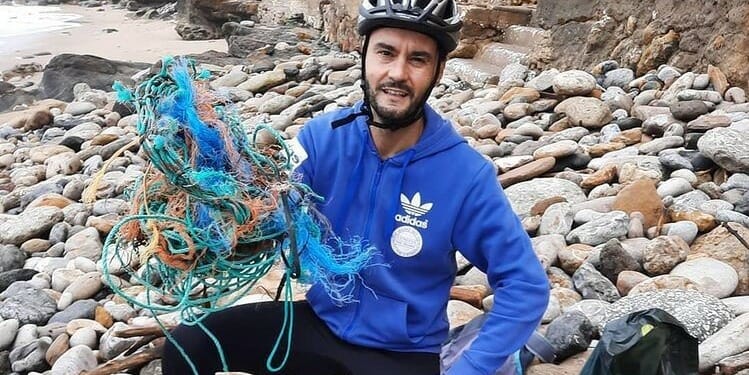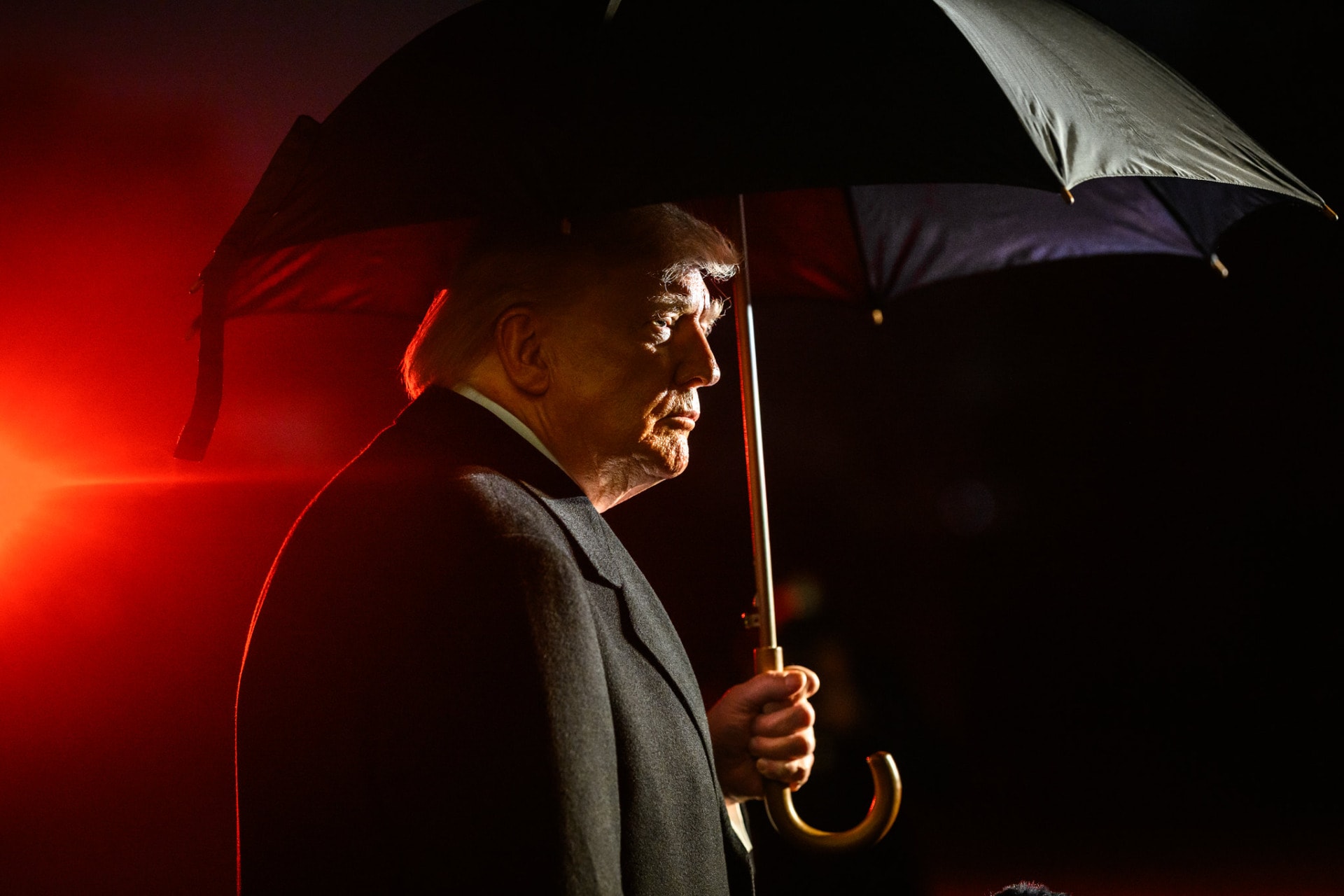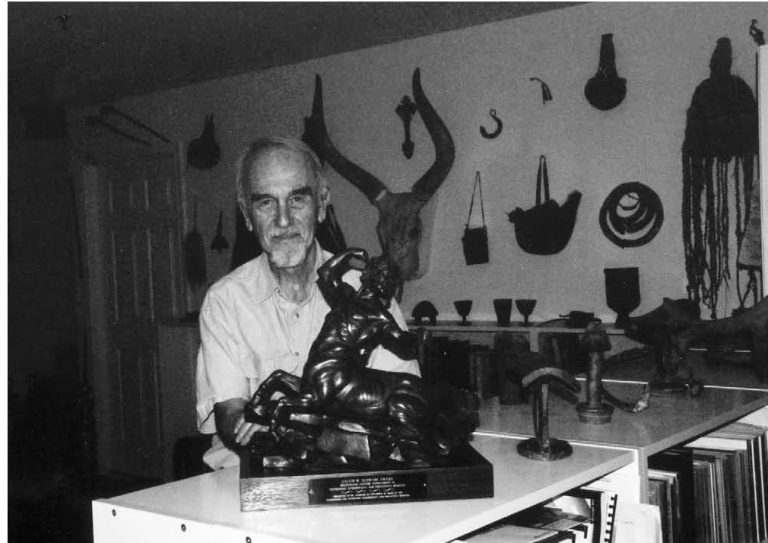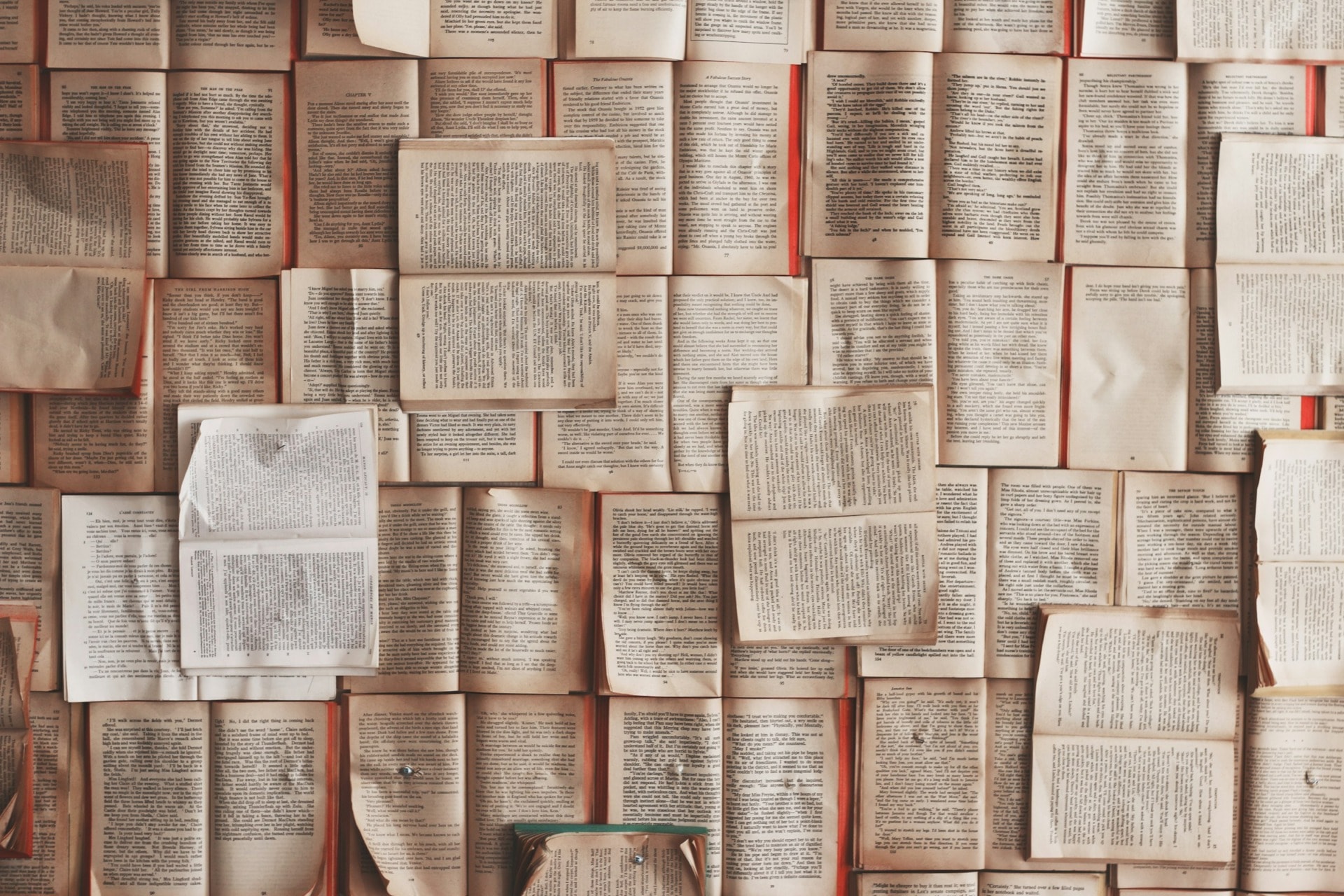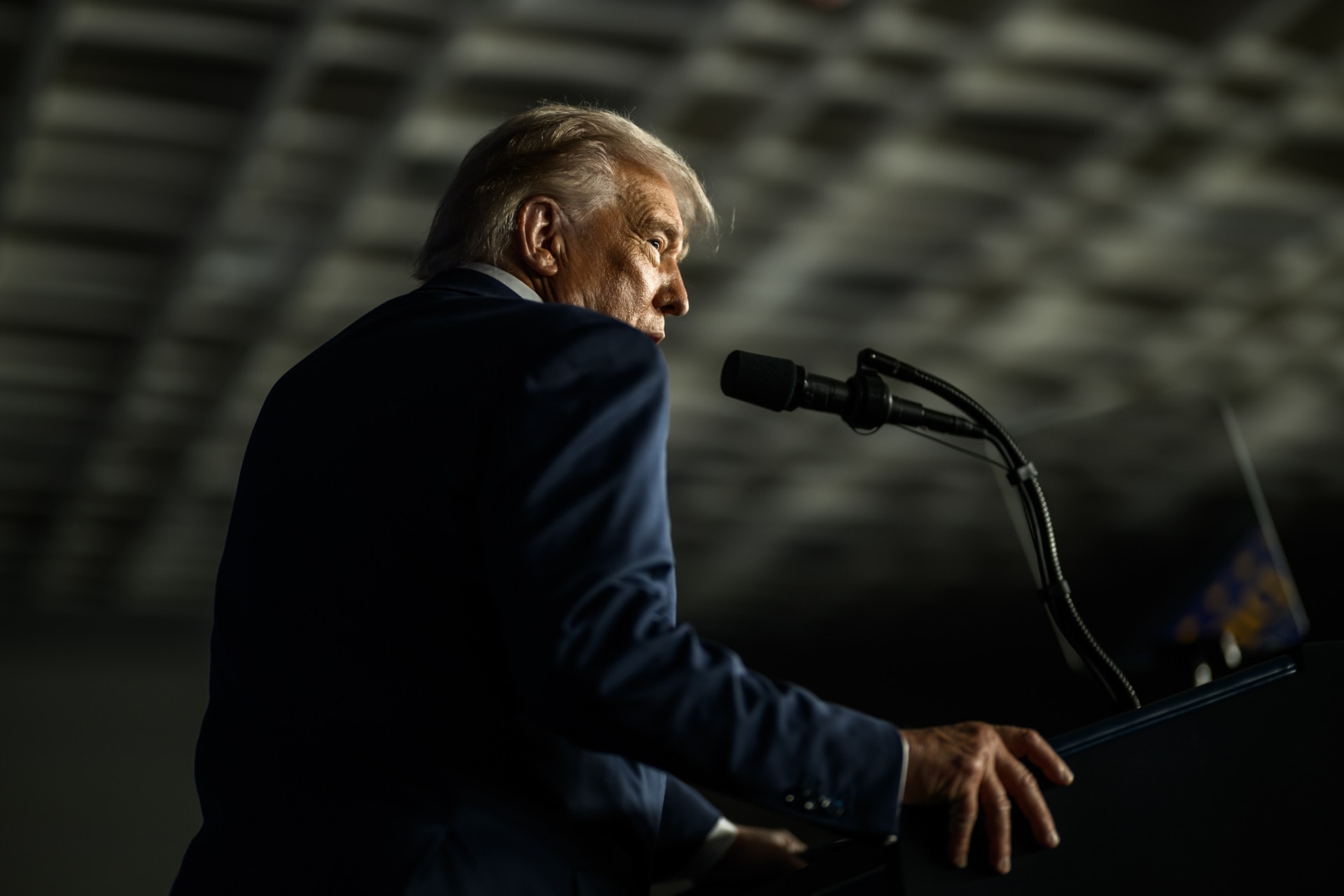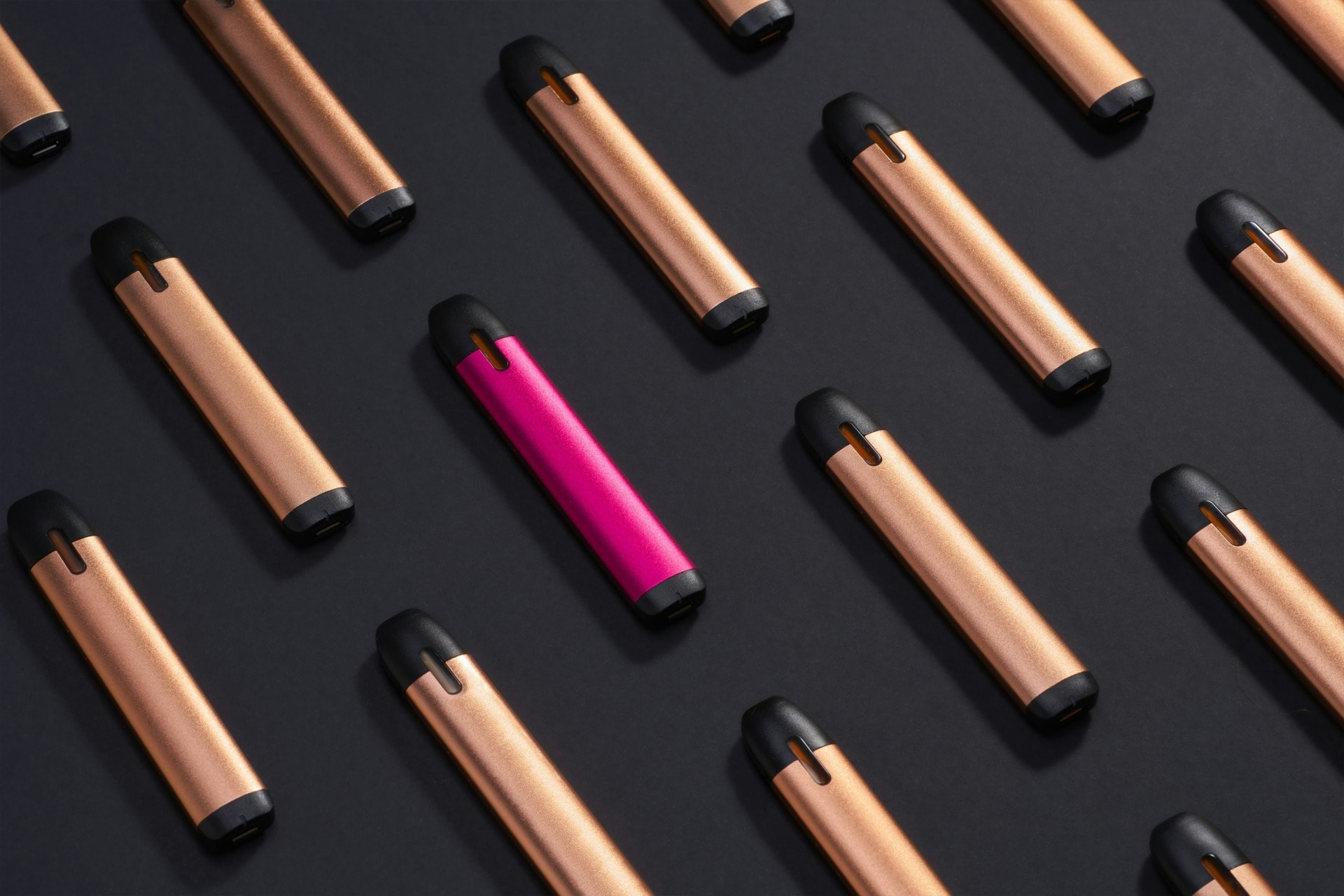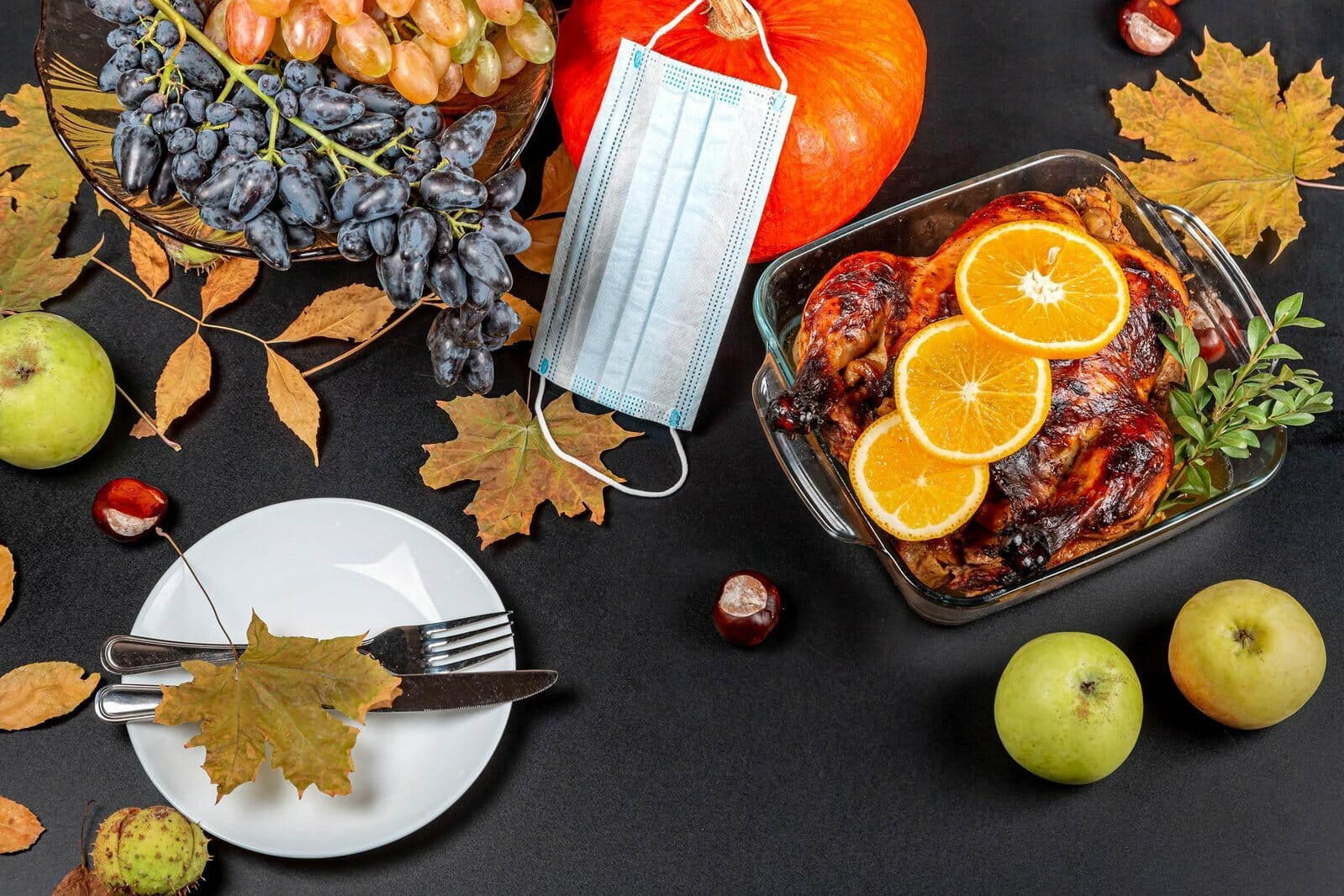Alexandre Fonseca is an animal lover, pet sitter, and environmental activist who uses his Instagram account @plastic.sand.is.not.beach, to document the trash he finds washed up on the beaches of his native Lisbon. From ubiquitous water bottles and face masks, to tires and even home COVID-19 test kits, the items Alexandre finds are a reminder of the magnitude of the global waste problem and the extent to which it was exacerbated by the pandemic. But what he’s most alarmed by is what you can’t see – microplastics, tiny plastic fragments that will break down into into ever smaller pieces but never disintegrate. They are contaminating our food and water sources, and even the atmosphere.
But Alexandre’s Instagram is not all doom and gloom, he also makes it a point to share sustainable innovations and practices, like when Denmark repurposed old wind turbine blades as bike shelters, or when a Swedish supermarket decided to replace plastic stickers on produce with laser markings. We chatted to Alexandre to learn more about what inspires him and the change he hopes to plant by sharing his efforts on social media.
How did you get into activism and sustainability?
Environmental activism is my nature. Since I became an adult I realized that nature was a fragile entity that we all must care about. I’m interested in sharing sustainable practices and measures that we can adopt in our daily lives to have a more responsible attitude.
What is your goal and who is your audience?
Right now what concerns me the most is micro-plastic pollution. I mean, we are eating, breathing, digesting and contaminating ourselves and all nature with this mad human invention. Asides from this, we have Styrofoam, which lasts forever – it simply doesn’t biodegrade. How are we still using it? I don’t have a specific target audience . What I can say is that people who follow me are increasingly aware about our waste problem. And people are also acting on it.
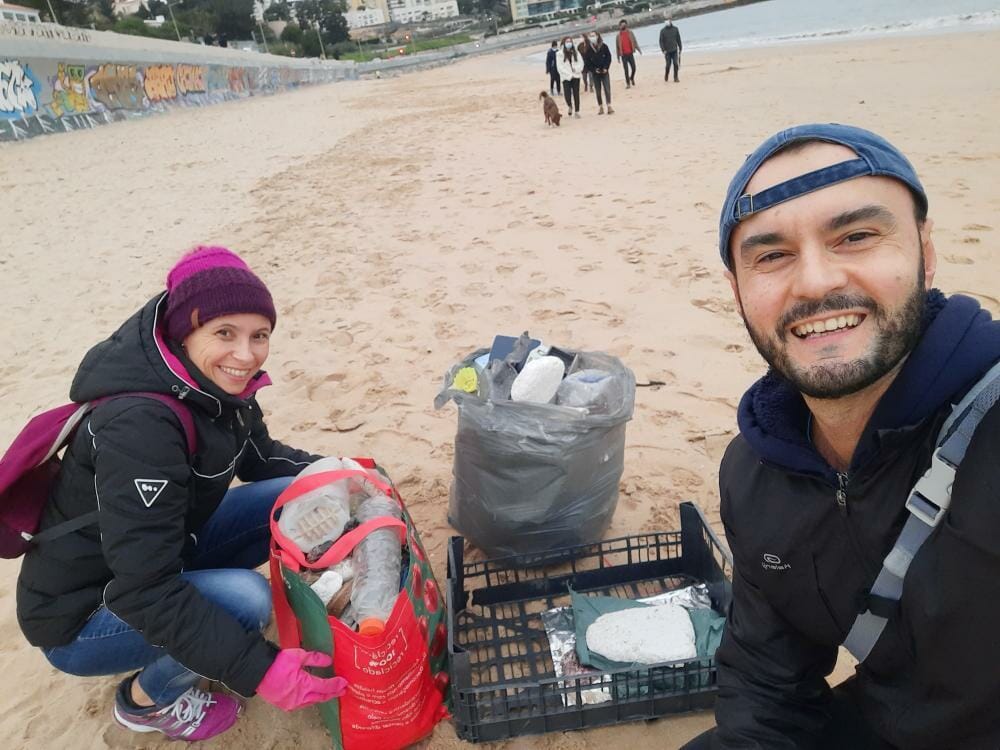
What has been the biggest learning curve in your professional growth?
The biggest learning curve was the realization that major polluters – large corporations and to some extent, even governments – just don’t care and are not doing enough to protect people and nature. I decided that one way or another, I had to act. To be indifferent is not an option and offers no solution. Another thing I have come to learn is that some NGOs have agendas behind what they do, the documentary, Seaspiracy, exposed some of that. Of course, there are many that are good and honest, like Guardiao do Oceano, who I worked with just last weekend.
What are the biggest misconceptions about what you do?
The biggest misconception is that because I pick up litter, people think I’m a garbage man and think that they cannot do the same. What is interesting is that when people do start acting and begin picking up the trash they see, they actually feel a degree of personal satisfaction and tend to continue their efforts and encourage others to follow. In this way, we have the ability to inspire others to do small things to protect the environment.
What’s a day in your life like?
Usually I wake up early in the morning and think: what a blessing to be alive and see nature’s beauty. Second thought: what will I do today in order to protect this beauty – our home?
So the rest of the day I try to show, motivate, act, and study the science behind the major problems we are facing: nature decline, climate change, microplastic pollution, and so on. I try to be a part of the solution, instead of being part of the problem.
Who inspires you?
I draw my strength and determination from the people who inspire me, such as Sir David Attenborough, Jane Goodal, Greta Thunberg, David Orr, Malaika Vaz and the Sea Shepherds. But I am also deeply inspired by all anonymous people that act individually like me.
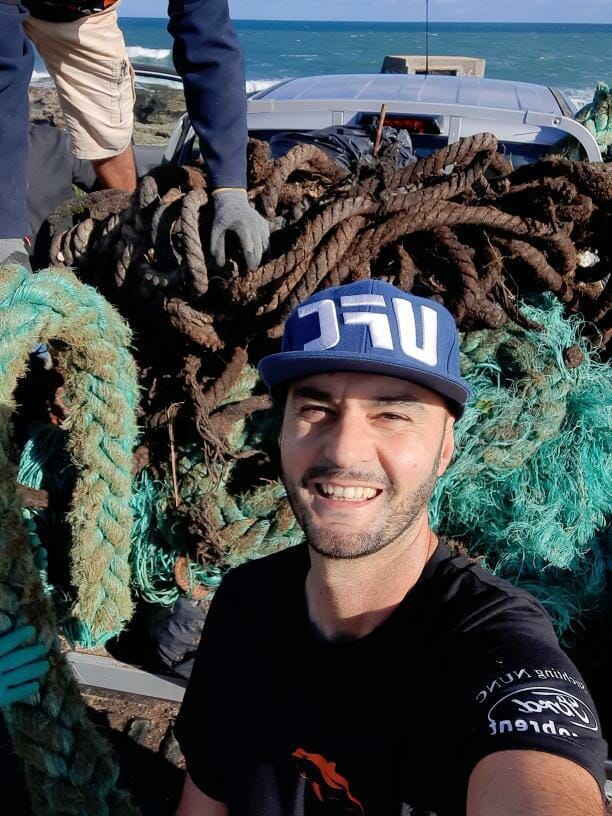
Who is someone you want us to know?
I would like you to know Catarina Canelas, a Portuguese journalist who has won lots of Portuguese and Iberian Prizes for her coverage of environment issues. Her latest award-winning report, “Plastic: The New Continent” looks at the impact of plastic on the environment and on people’s lives.
One sustainable product you can’t live without?
I cannot live without my stainless steel water bottle – I use it all day long.
One eco-friendly habit you wish everyone practiced?
I would like for people to treat proper garbage disposal as an urgent matter and to start separating their litter at source.
What does sustainability mean to you?
Sustainability to me means the ability to actively and meaningfully participate in political processes to defend the environment and preserve the health of the planet for future generations.
Editor’s Note: The opinions expressed here by Impakter.com columnists or contributors are their own, not those of Impakter.com. — In the featured image: Alexandre collecting plastic from a polluted beach. . Photo credit: Alexandre Fonseca.


